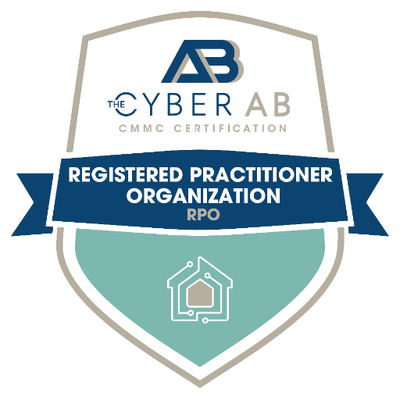Cybercompliance Partners > Frequently Asked Questions
Frequently Asked Questions
Navigating Compliance: Frequently Asked Questions
Navigating the world of IT compliance can be overwhelming, but you don’t have to do it alone. At Cybercompliance Partners, we understand the challenges businesses face when preparing for certifications like CMMC 2.0 and managing ongoing compliance requirements. That’s why we’ve compiled this FAQ to address the most common questions we receive. If you don’t see your question here, feel free to reach out—we’re here to help.
What is CMMC 2.0, and why is it important for my business?
CMMC 2.0 (Cybersecurity Maturity Model Certification) is a framework designed to enhance the security of the Defense Industrial Base (DIB) by requiring businesses to meet specific cybersecurity standards. If your organization works with the Department of Defense or its contractors, achieving CMMC compliance is essential to maintaining contracts and securing sensitive data.
What’s the difference between NIST 800-171 and CMMC 2.0?
NIST 800-171 outlines cybersecurity requirements for protecting Controlled Unclassified Information (CUI), while CMMC 2.0 incorporates NIST standards and adds an additional certification process to ensure compliance. CMMC 2.0 streamlines the levels and provides more clarity around requirements.
How do I know if my business needs to be CMMC certified?
If your business is part of the Defense Industrial Base or handles Controlled Unclassified Information (CUI), you will likely need to achieve CMMC certification. The specific level of certification depends on the type and sensitivity of the data you handle.
What does a Pre-Compliance NIST Audit involve?
A Pre-Compliance NIST Audit assesses your current cybersecurity practices against NIST standards. This process identifies gaps in your compliance and provides actionable recommendations to address deficiencies.
How long does it take to achieve CMMC certification?
The timeline varies based on your organization’s current cybersecurity posture and the level of certification required. On average, it can take anywhere from a few months to over a year to achieve full compliance.
What happens if I fail a CMMC audit?
If you fail a CMMC audit, you will receive a detailed report outlining areas of non-compliance. You’ll need to address these issues and undergo another audit to achieve certification. Our team can help guide you through the remediation process.
What is FIPS compliance, and why does it matter?
FIPS (Federal Information Processing Standards) compliance ensures that your IT systems and data encryption meet federal standards. It’s critical for businesses working with the government or handling sensitive data to maintain secure operations.
Do you offer ongoing compliance management?
Yes, we provide ongoing compliance management services to ensure your business remains aligned with regulatory requirements. This includes regular gap assessments, policy updates, and system monitoring.
Can you help us prepare for a third-party C3PAO audit?
Absolutely! We specialize in guiding businesses through the pre-certification process, ensuring all documentation and systems are in place for a successful C3PAO audit.
How do your services differ from other compliance consultants?
We offer a hands-on, personalized approach that focuses on both technical expertise and customer service. As a division of BNC, we combine decades of IT experience with a deep understanding of compliance frameworks to deliver tailored solutions that fit your unique needs.


